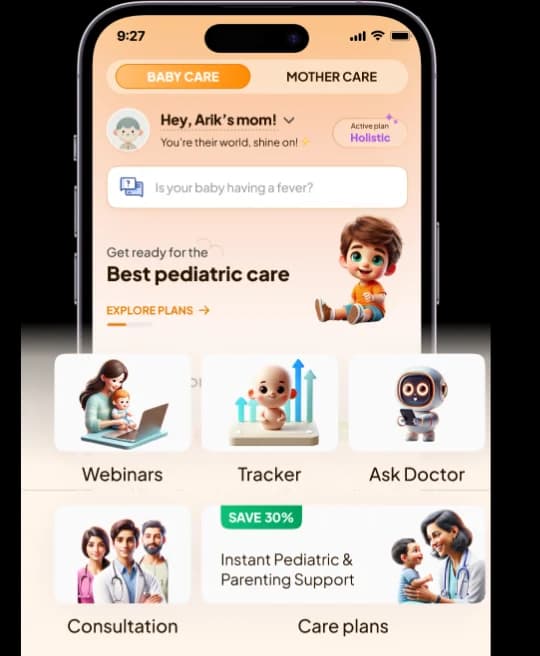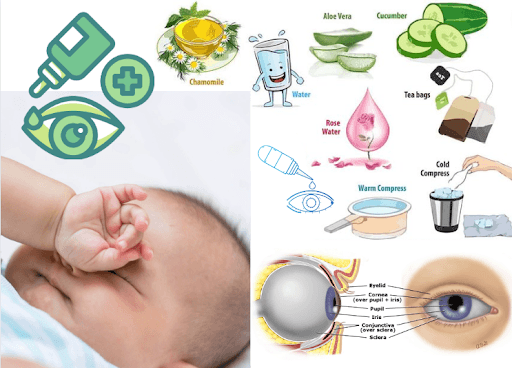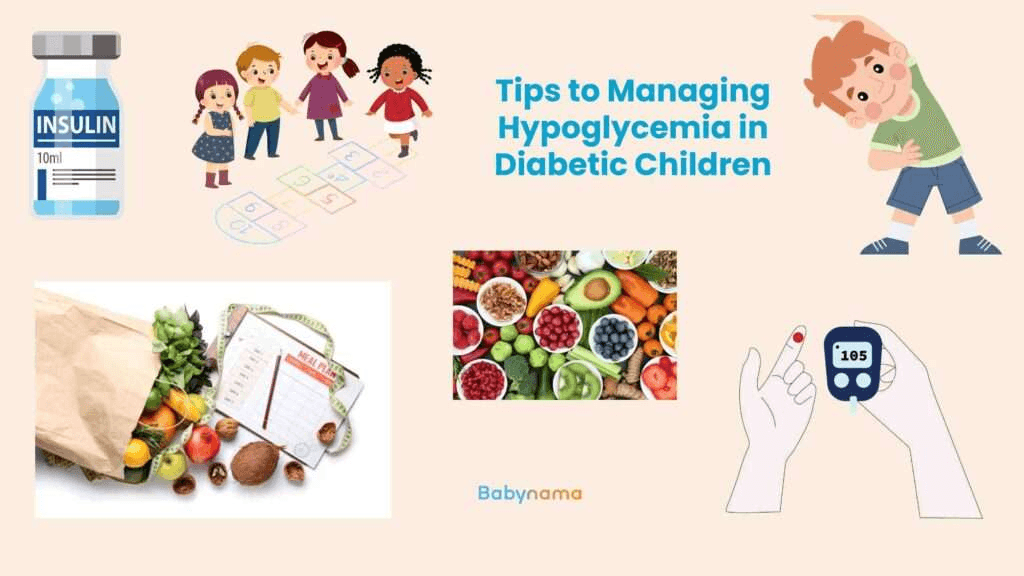
Your baby may experience difficulty sitting up straight, keeping their head up, and bending their elbows and knees. Hypotonia, or low muscle tone, is a common condition that affects newborns’ motor skills. It can be distressing as a parent to see your baby appear weak and floppy, but with an accurate diagnosis, treatment can begin.
In this blog, we will explore who is most affected by hypotonia, the severity of the condition, and the timeline for improvement after treatment.
What is hypotonia?
Hypotonia, also known as floppy newborn syndrome, is a condition characterized by a lack of muscle tone. It affects muscle strength, motor neurons, and the brain, and can be a sign of various diseases and conditions.
Hypotonia is present at birth and is usually diagnosed during early childhood. Adults can also be affected. If your child has hypotonia, their arms and legs may appear floppy like a rag doll.
It’s important to note that hypotonia is not the same as muscle weakness, although muscle weakness can be a sign of hypotonia.
Causes
Hypotonia is caused by a breakdown in transmission between the pathways that control movement. These pathways connect the brain, spinal cord, nerves, and muscles.
Causes of hypotonia are
- Damage to your baby’s brain or complications as to how it formed during fetal growth
- Lack of oxygen before or shortly after your baby’s birth
- Some Infections that impair the way nerves and muscles connect
- Muscle-related disorders
- Nerve disorders affect the nerves that connect with muscles
Symptoms of hypotonia
Symptoms of hypotonia in your infant are
- unable to lift his or her head or move the muscles in his or her neck
- feeble cry
- muscle weakness
- appears lethargic (limp)





